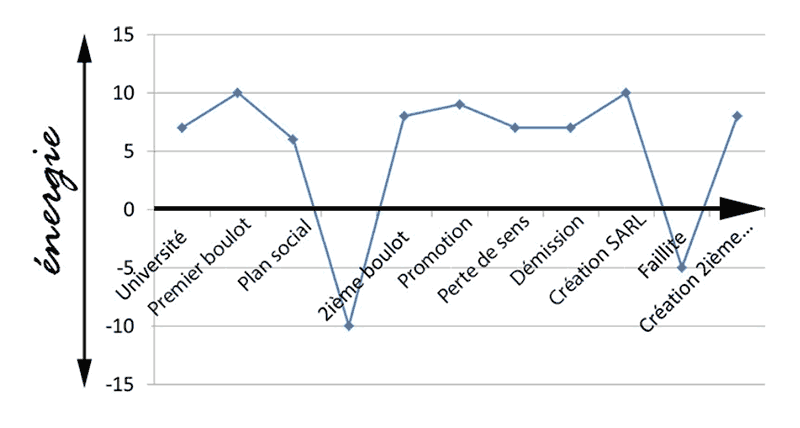Young adopted children perform worse in school than their siblings from the adoptive family, due to their past life, which is often synonymous with abuse and / or health problems.
This sad observation emanates from a study carried out from April 2013 to April 2014 by Enfance et Familles d’Adoption, a federation of 90 departmental associations. This provided separate questionnaires to adoptive parents (807 families) and to children adopted (659 respondents). The federation took an interest in the education, social adaptation and quality of life of 1,450 young people aged 15 to 30, of which 83% are adopted and 17% are the biological children of the family.
According to the study, 32% of adoptees are affected by at least one health problem (after-effects of malnutrition or medical treatment, hospitalizations of more than a month or mental handicap), against only 11% of biological children. In addition, children who have suffered from mistreatment, successive admissions or having lived in the street before their adoption also run the risk of emotional deprivation.
In the end, only 52% of adopted children had no risk due to their past life.
However, these children show a “comparable social integration” to their adopted fraternity, specifies the federation. According to her, “families have been able to provide support and self-esteem to adopted children”. Thus, 89% of adoptees (compared to 93% of adopted brothers and sisters) have good or very good self-esteem, and 68% are satisfied with their life. In terms of studies, adopted children are less oriented towards general courses: they are 50% of boys and 65% of adopted girls against 92% of biological children in the family. The success rate for adoptees at the baccalaureate is 53%, which corresponds to the national average. However, it is far from the 90% of success in the baccalaureate of the biological children of the family, a figure in accordance with the statistics of the children of executives, the socio-professional category of most adoptive families.
Generally speaking, adopted children more than 80% know they can count on their “new” parents, but only 54% of them are sure they can count on other family members.
Finally, the study reveals that the support of adoptive parents remains important when young people take steps towards their family of origin, “steps which are almost always positive for adoptees, and for their birth and adoptive families”.
Read also :
At what age should a child be told that he has been adopted?
Few health problems in adopted children
Child abuse: damage to children’s brains














